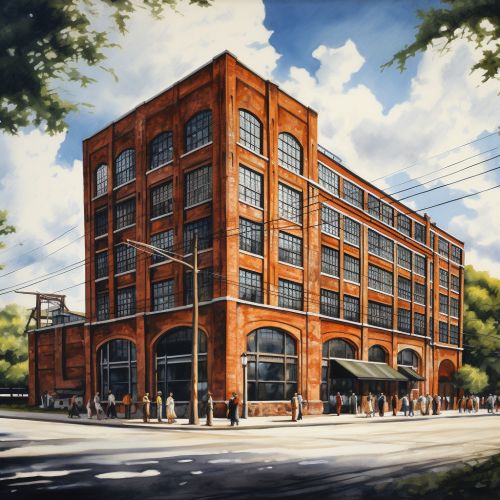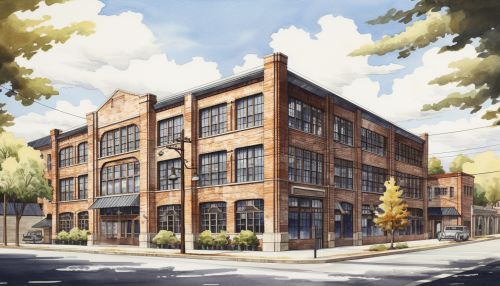Industrial Revolution
Origins of the Industrial Revolution
The Industrial Revolution was a period of major industrialization that took place during the late 1700s and early 1800s. This period saw the mechanization of agriculture and textile manufacturing and a revolution in power, including steamships and railroads, that affected social, cultural, and economic conditions.
Pre-Industrial Society
Before the advent of the Industrial Revolution, most people resided in small, rural communities where their daily existences revolved around farming. Life for the average person was difficult, as incomes were meager, and malnourishment and disease were common. People produced the bulk of their own food, clothing, furniture, and tools. Most manufacturing was done in homes or small, rural shops, using hand tools or simple machines.
The Beginning of Industrialization
The Industrial Revolution began in Great Britain in the late 18th century, with the mechanization of the textile industry. Tasks previously done laboriously by hand in hundreds of weavers' cottages were brought together in a single cotton mill, and the factory was born.


Technological Advancements
The Industrial Revolution saw significant technological advancements including the steam engine, spinning jenny, water frame, and power loom. The steam engine, in particular, was an essential part of the Industrial Revolution. It was improved by inventors like James Watt and Matthew Boulton, and was used in various industries, powering locomotives, steamboats, and factory machinery.
Impact on Society
The Industrial Revolution had a profound impact on society. The introduction of factories and the assembly line, new inventions, the development of a working class, and the role of women in the workforce, were just some of the many changes that took place during this time.
Economic Changes
The Industrial Revolution brought about significant economic changes, one of which was the drastic increase in production. Goods that had once been painstakingly crafted by hand started to be produced in mass quantities by machines in factories, thanks to the introduction of new machines and techniques in textiles, iron making, and other industries.
Environmental Impact
The Industrial Revolution also had an impact on the environment. The use of coal for fuel, for instance, led to increased air pollution. The growth of factories resulted in deforestation, and the rapid urbanization caused by the Industrial Revolution led to unsanitary living conditions for the working class that resulted in the spread of disease.
Conclusion
The Industrial Revolution was a time of great age throughout the world. It represented major change from 1760 to the period 1820-1840. The movement originated in Great Britain and affected everything from industrial manufacturing processes to the daily life of the average citizen.
